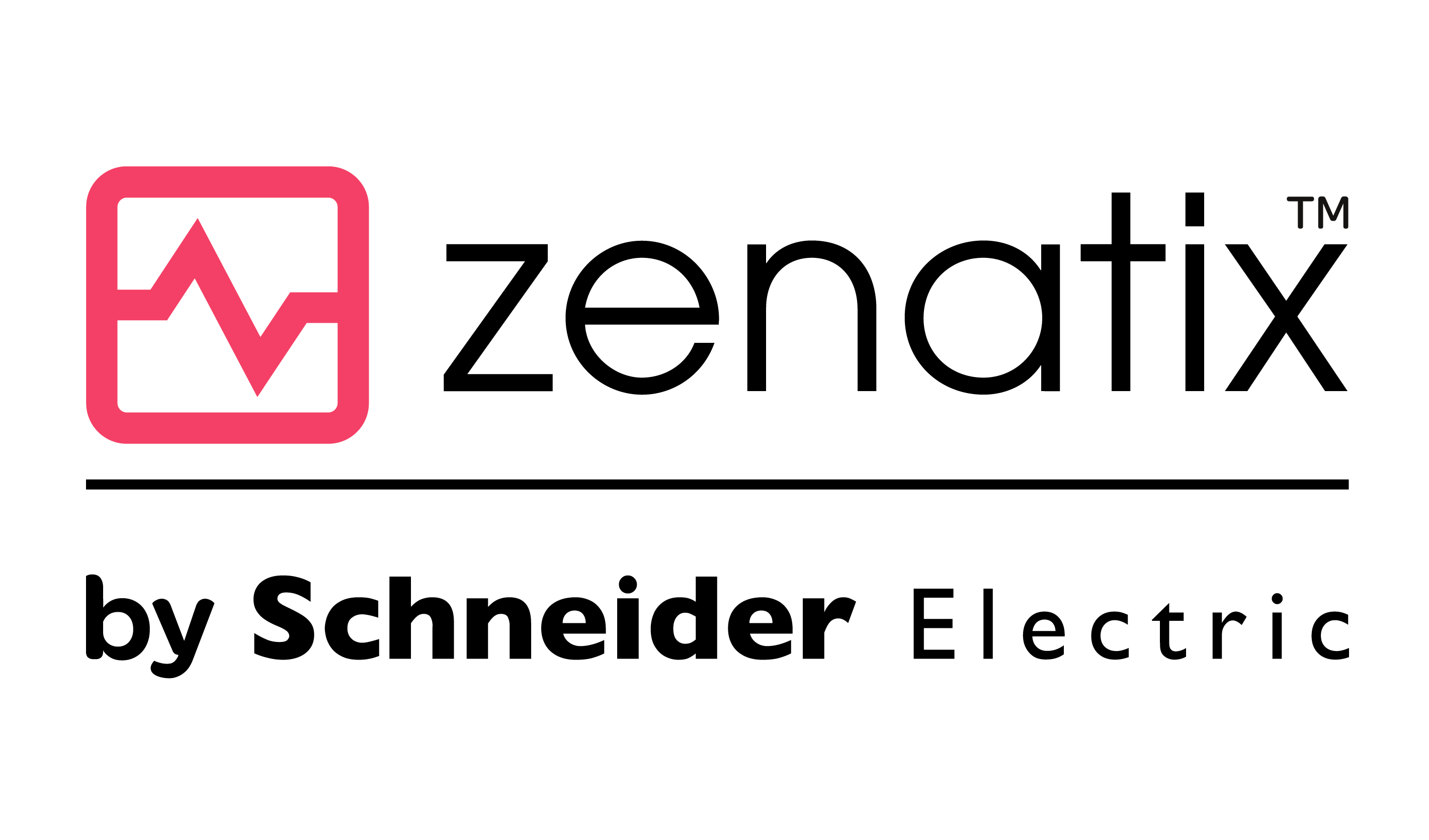Disruptive technological progress and policy actions are all happening in a non-linear way and occurring much faster than anticipated. The need to achieve net zero is real! In fact, this transition will accelerate in this decade. It will translate to higher shareholder returns and a sustainable source of competitive advantage for businesses if done well.
Countries and global organizations are collaborating to implement net-zero goals to tackle the climate crisis. While taking these well-known initiatives in combating climate change and ensuring a sustainable future, a foundational technology will help organizations increase efficiencies and lower carbon usage – the internet of things (IoT). It can reduce humanity’s impact on the environment.
IoT is a prevalent technology that plays a significant role in developing a more sustainable future for coming generations. It can be the missing piece of the puzzle in combating climate change and creating a better environment for everybody.
Why is it crucial to ensure a sustainable future?
According to the U.S. Environmental Protection Agency (EPA), sustainability is based on human survival and well-being, indirectly or directly, on the state of our natural environment. It’s crucial to use resources mindfully to make them last longer.
It’s the responsibility of governments, businesses, and individuals to adopt sustainable practices and energy management solutions to continue benefiting from what our planet has to offer. Advanced technology like IoT is indispensable to combat climate change and ensures an easy transition to renewable sources of energy. Achieving sustainable development becomes possible with the implementation of the Internet of Things (IoT) in facilities.
How does IoT add to sustainability efforts?
Consumers prefer to do business with companies that embrace sustainable practices. As a result, organizations are looking for ways to reduce the environmental impact of their operations.
IoT plays an instrumental role in building a more sustainable future. The World Economic Forum analysis says, 84% of existing IoT deployments either address or can advance the UN’s Sustainable Development Goals. This advanced technology allows for data-driven decision-making and helps businesses to derive greater insights than ever before.
With IoT, businesses can collect real-time data about the availability of water resources and how traffic patterns are flowing. Not just this, it comes with machine learning capabilities that deliver a veritable ocean of actionable intelligence to businesses allowing them to improve processes and operate more sustainably.
For further clarity, let’s understand how IoT will revolutionize various industries and help businesses achieve sustainable practices:
1. Smart meters
Smart meters effectively track the electricity consumption of a building. They are way ahead of electricity meters that send meter readings only to the energy supplier. By delivering information wirelessly through low-energy radio frequency waves and sending energy usage data to your supplier at frequent intervals, it gives customers access to consumption and peak demand usage data.
With the help of these smart meters, businesses can get better control over their energy consumption, alter their usage habits, or pinpoint power quality issues. It’s an excellent solution to ensure energy savings and sustainability.
2. Smart lighting and HVAC automation systems
HVAC and lighting systems consume around 60 to 80% of a building’s energy. Investment in IoT and analytics can improve energy efficiency, reduce energy costs, and improve the sustainability of these systems.
Smart lighting provides better control over lighting, allowing facilities to manage it more efficiently. At the same time, it optimizes a building management system (BMS) by providing feedback on HVAC energy measurement.
On the other hand, Smart LEDs provide information about broken and burnt-out lighting in real-time. Installation of these systems in buildings can lead to up to 50% of energy savings.
3. IoT-based air quality monitoring
Indoor air impacts people directly. According to EPA, poor indoor air quality (IAQ) affects up to 30% of buildings globally. Maintaining IAQ and outdoor air quality is crucial for sustainability.
Indoor temperature monitoring can help facilities achieve a healthier, more productive environment for occupants. IoT sensors allow companies to monitor their buildings’ indoor air quality (IAQ) and make informed adjustments.
IoT devices can also detect carbon monoxide, ozone, methane, volatile organic compounds (VOCs), and other pollutants present in the air. Determining the root cause of these pollutants and opting for a feasible solution to fix these problems becomes easy.
4. IoT-based water consumption & flow monitoring
Another area where IoT technology can help with sustainability is water flow monitoring and consumption. Every year, gallons of water get wasted in industrial/commercial facilities due to inefficient building operations and a lack of monitoring solutions. IoT solution detects leakage through dynamic water consumption monitoring. It substantially reduces both consumption and waste. Setting up these systems can help organizations to ensure optimized water consumption.
Achieving sustainability goals with IoT
The implementation of IoT can positively impact the environment. Organizations can use this technology to reach their sustainability goals.
If you want to implement IoT sustainability solutions in your business, reach out to Zenatix. We’ll guide you throughout sustainability efforts and get you started monitoring, measuring, and cataloging data with our IoT solutions. It’s the time to live more sustainably!
